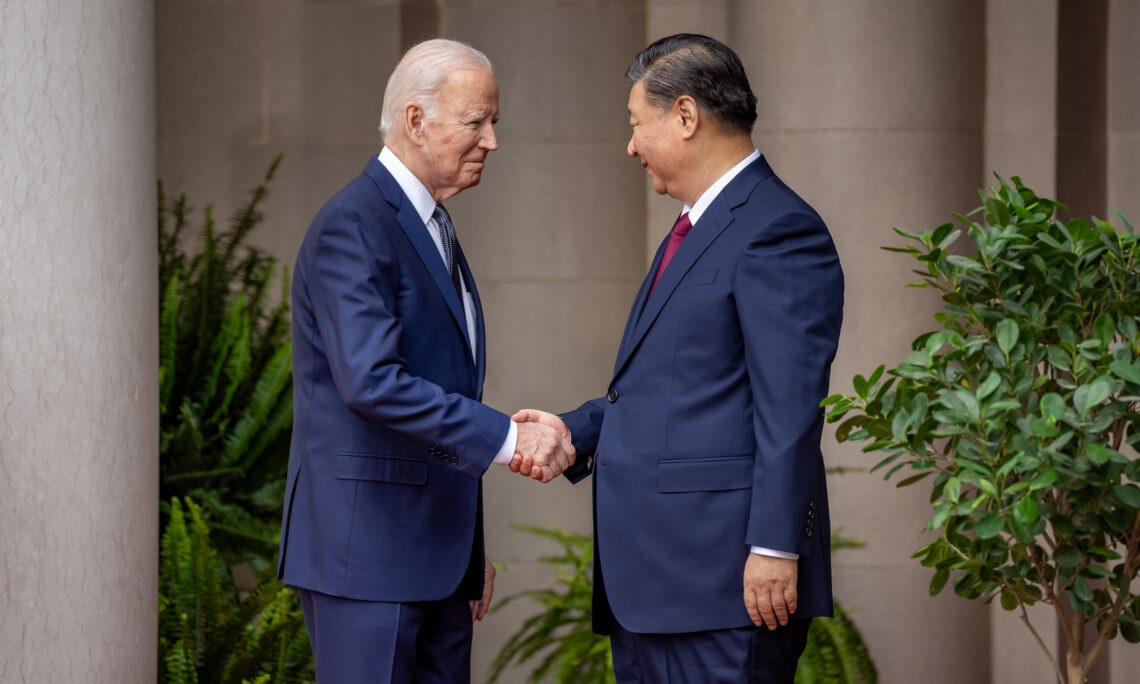In a recent revelation, the Reagan National Defense Survey has uncovered a seismic shift in the way Americans perceive Communist China. The survey paints a stark picture, with a staggering 77% of respondents considering China as an adversary, while a mere 15% regard it as an ally.
Majority of Americans say China is greatest national security threat, up 30 points in five years https://t.co/AldZg4r8y0
— Fox News (@FoxNews) December 1, 2023
This sentiment represents a significant departure from the attitudes observed in 2018 when the survey highlighted a more balanced perspective – 38% of Americans viewed China favorably as an ally, while 55% expressed concerns, branding it an enemy.
What could be driving this substantial shift in public opinion? Various factors may be at play, including geopolitical developments, economic concerns, and perhaps the most pertinent, the ongoing global health crisis. The survey also points out that a decisive majority of Americans, 51% to be precise, identify China as the paramount national security threat.
It’s worth noting that these findings echo a growing unease about China’s influence and actions on the world stage. From economic practices to technological advancements, the perception of China as a formidable adversary is becoming increasingly entrenched in the American psyche.
As the world navigates a complex geopolitical landscape, these survey results shed light on the evolving dynamics of international relations. The implications of such a widespread perception could have ripple effects on policy-making, trade relations, and strategic alliances in the years to come.
In conclusion, the survey underscores a significant transformation in how Americans view China, marking a notable departure from the recent past. The implications of this shift are profound, impacting not only public sentiment but potentially influencing the geopolitical strategies of the United States.

